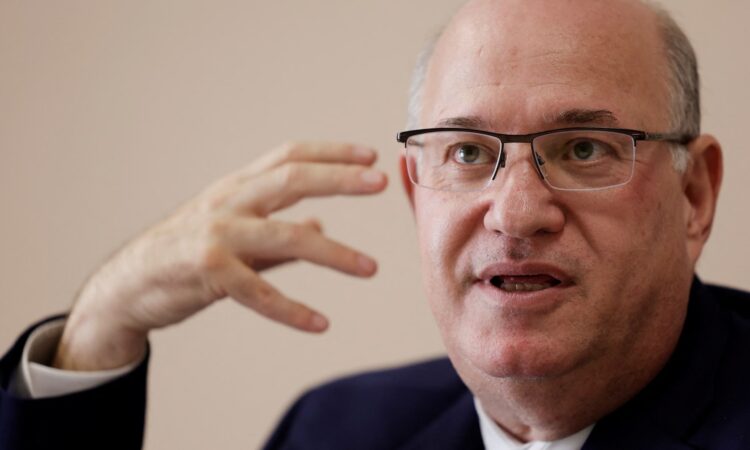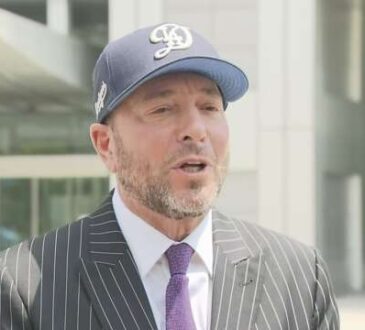
BRASILIA, Feb 26 (Reuters) – Brazil’s finance ministry unveiled on Monday a program aimed at shielding investors from currency risks in sustainable projects, comprising diverse initiatives and the offering of derivatives contracted by the Inter-American Development Bank (IDB) through the Brazilian central bank.
Speaking at a press conference, IDB head Ilan Goldfajn emphasized that the bank would contribute $3.4 billion in derivatives and $2 billion in credit lines within the Brazilian government’s plan for foreign exchange hedges.
“If it works, and I think it will, it would be an example for the world,” said Goldfajn, expressing confidence that the model could be replicated.
Central bank Governor Roberto Campos Neto also highlighted at the press conference that the monetary authority would act solely as an intermediary, assuming no form of risk, in the offering of derivatives.
Campos Neto noted the central bank’s objective is not to control the exchange rate, which freely fluctuates in Brazil.
Reuters reported last week that the government’s plan included allowing the central bank to extend the period for rolling over its $100 billion stock of swaps. Campos Neto said that discussions on the extension range from one year to 18 months.
“We do not intend to do a very long swap,” he said.
According to the finance ministry, the government will issue in the coming days an executive order to establish the program, also featuring a special liquidity credit line for financing major sustainable projects.
The order will empower Brazil’s central bank to conduct operations facilitating the implementation of currency protection solutions, it added.
Treasury Secretary Rogerio Ceron clarified that the $2 billion contribution from the IDB in credit lines would be allocated to the Brazilian Climate Fund, which is expected to receive an additional $1 billion from the World Bank.
The Climate Fund would then allocate resources, based on demand and other criteria, to four different credit lines within the government’s broad plan to provide foreign exchange protection, according to Ceron.
Sign up here.
Reporting by Marcela Ayres; Editing by Gabriel Araujo, Emelia Sithole-Matarise and Marguerita Choy
Our Standards: The Thomson Reuters Trust Principles.




